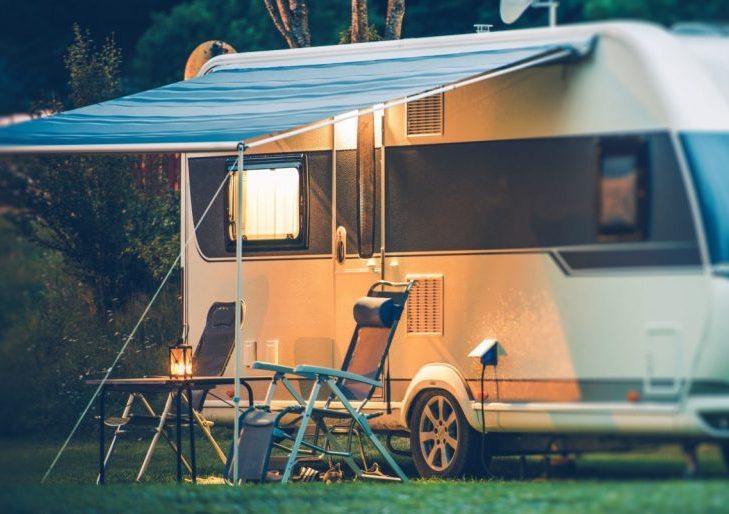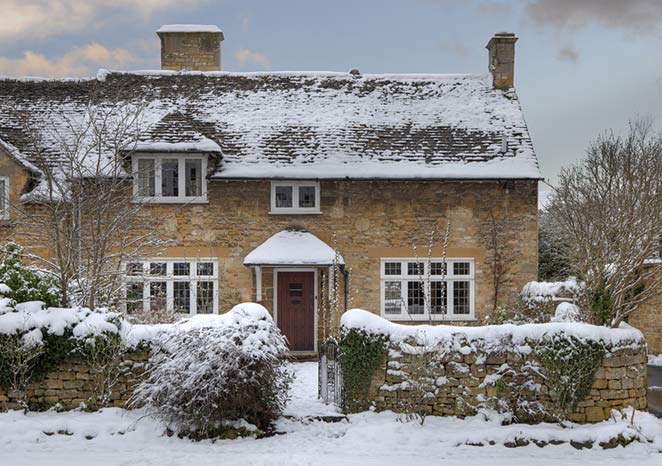The sun has gone in, the mornings are getting colder, and the evenings darker. It’s that time of year where everything starts to feel damp, and time away in the caravan may not feel as welcoming as it did in peak season. That’s not to say that you should park the caravan up until next season though. There’s plenty of fun still to be had if you want to, but it’s worth noting that if you are hanging the keys up until next year, you’ll need to be aware of the steps to take to close down your static caravan safely.
Preparing your caravan for the winter months
Once you’re sure that you are done using the caravan for a few weeks or months, preparing your caravan for freezing cold temperatures is something that mustn’t be avoided. Whilst you can still make good use of your caravan or tourer during the winter, the vast majority of caravanners tend to use this time to make adjustments to their caravan ready for the next season of shows, trips and holidays. Making sure your caravan is completely up-to-date and ready to go is essential maintenance in giving your caravan a long life-span ensuring to get the best out of it during the main season.
Parking
Parking your caravan somewhere safe, whether that be on a home driveway, a field or spare bit of land is important for keeping the caravan safe throughout those slack travel months. It might sound like a simple ‘tick-off’ the to-do list but it’s surprising how many people overlook where they’ll safely store their caravan.
Battery
It’s advisable to take your battery out of your caravan over the winter, particularly if you don’t store your caravan at home, and take it home to store in a warm, dry place. As leaving it in a cold and damp caravan across the freezing winter months can deteriorate the state and the performance of the battery.
However, if your policy requires you to have an alarm on the caravan, or indeed if you’ve outlined that there is an alarm in place, taking the power supply out means that the power supply won’t function. This could invalidate your insurance policy, so it’s always good to check under what endorsements your insurance policy is!
Shut off the water supply
After the last trip of the summer, before you choose to park your caravan up, you must shut off the water supply to the caravan and drain the pipes of any excess. The last thing you want to happen is that under freezing conditions, your pipes freeze and burst, causing catastrophe to your interiors. Potentially costing thousands in repairs.
What is the law on caravan insurance?
Touring Caravan Insurance
Touring caravans are not subject to insurance by law as they can be covered by your car insurance, in a third party capacity. However, in order to drive safely and with the peace of mind should any incident occur, it’s always best to check with your car insurance provider to make sure the level is adequate enough for your requirements. This is true too when the caravan is parked up for the end of the season. To keep you protected from fire, theft, or any other unexpected incident beyond your control, it’s helpful and can save you a lot of cash to have an insurance policy covering you.
Static Caravan Insurance
Again, there is no legal requirement to insure your static caravan. However, if something were to go wrong, then you as the owner would need to foot the bill for this. It’s worth remembering that with a static caravan, it is obviously in-situ away from home on a what-would-be empty caravan site over the winter months. Could you afford it if something were to go wrong?
Need to find specialist caravan insurance? We have access to Insurers who specialise in caravan insurance so contact us for a free online quote here.









